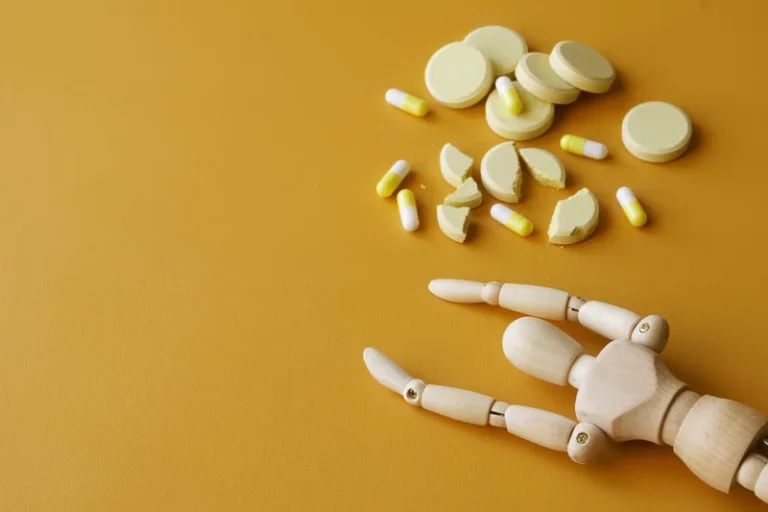What Is High Functioning Alcoholism? Stigma, Signs, Support

People who are close to a person with AUD may need support to understand how to help their loved ones. However, a doctor should recommend the best type of treatment for each person since the severity and presentation can vary from person to person. If needed, your doctor may also order blood tests to check your liver function. Since you only need to fulfill 2 or more of the DSM-5 criteria within the last year to be diagnosed with AUD, you might still be fully contributing to your home life, job, and other areas of your life. The most well-known support group is Alcoholics Anonymous, but there are many other 12-step programs. It can be hard to stop enabling someone you care about once you’ve recognized it.
What Is Alcohol Use Disorder? Symptoms, Causes, Diagnosis, Treatment, and Prevention
Unfortunately, even when functional alcoholics begin to recognize that they have a drinking problem, they still resist reaching out for help. By the time they admit the problem, their withdrawal symptoms—which can begin within a few hours after their last drink—can become more and more severe. In addition to taking high functioning alcoholic care of yourself, you can try to help your loved one find rehab for alcoholism. Most of the time, people convince a loved one with an addiction to seek treatment by showing them how the substance is negatively impacting their life. This may be difficult because the person may think he or she is healthy.
Trouble Quitting Drinking
My image of the alcoholic was always an individual who could not hold his or her life together, and I certainly did not fit that description. My denial was deeply rooted and was reinforced not only by my loved ones but by society as a whole. For some people, alcohol use disorder stems from trying to cope with a mental health issue, like drinking to quell anxious feelings or to try and suppress disturbing thoughts. Alcohol use can also affect those who have an underlying mental health disorder, as it affects dopamine levels and other brain chemicals.
Stage #3: The Consequences Of Problem Drinking Start To Show
If they are open to change, support their recovery journey, understanding that it may be filled with setbacks. Throughout this process, ensure you’re also taking care of your emotional well-being, seeking support for yourself as needed. If there are immediate safety concerns, such as threats of harm or dangerous behavior, prioritize safety and seek professional intervention. Remember, while you can provide support and encourage treatment, the decision to change ultimately lies with the individual. A «functional alcoholic» (or «high-functioning alcoholic») isn’t a formal medical diagnosis, but a term used colloquially to describe a person who is dependent upon alcohol but can still function in society. The term “currently-functioning» may be used since it’s not likely they will remain functional (and not misuse alcohol) indefinitely.

The Impact on Family Dynamics: Living with a Functional Alcoholic
- As such, they may justify their drinking as a normal part of life—even though it isn’t.
- Not everybody needs full-time inpatient treatment after detoxing, but some may.
- The classic picture of someone with alcohol use disorder is someone who always drinks too much and whose life is falling apart because of it.
- The recovery process from Substance Use Disorders (SUDs) has evolved over time.
Left unmanaged, compulsive drinking behaviors can get progressively worse, with their negative impact on your life becoming ever more apparent. It’s challenging to see the signs of a person ruining their lives and for them to ignore them completely. Watching someone struggle with alcohol abuse can affect your life as bad as it’s affecting theirs.


Alcohol use disorder is a pattern of alcohol use that involves problems controlling your drinking, being preoccupied with alcohol or continuing to use alcohol even when it causes problems. This disorder also involves having to drink more to get the same effect or having withdrawal symptoms when you rapidly decrease or stop drinking. Alcohol use disorder includes a level of drinking that’s sometimes called alcoholism. Sometimes an HFA many become defensive and express that they are unwilling to seek help for their drinking. He or she may not believe that they are alcoholic and believe that they require more concrete evidence of being alcoholic in order to even consider getting sober. You may also suggest that they visit the «Rethinking Drinking» online assessment by the NIAAA and if necessary, try to set low-risk drinking limits for themselves through this online program.

- They might also be able to maintain good health for decades before the consequences of alcohol abuse show up when they are older.
- In this article, learn more about why the term «functioning alcoholic» is outdated and the impact of living with untreated alcohol use disorder.
- This can help you learn new coping skills so you can turn to other behaviors instead of drinking in order to live a healthier life.
- Today, healthcare professionals would say that a person has an alcohol use disorder (AUD).
- According to the NIAAA, the majority of people with an AUD can benefit from some form of treatment.
- This is where family, friends and medical professionals can work together to create a plan to help end this cycle before they do more harm to themselves.
- In many organs, the effects of alcohol increase over time, and the damage becomes apparent only after years of abuse.
- Emotional abuse includes threats, insults and controlling behavior, according to the Office on Women’s Health website.
- Sometimes, people with alcohol use disorder don’t recognize their drinking is an issue, especially if they meet their work and home life responsibilities despite their alcohol dependence.
- If you are worried about your or a loved one’s alcohol consumption, then take our alcohol addiction self-assessment to see if you require further treatment.